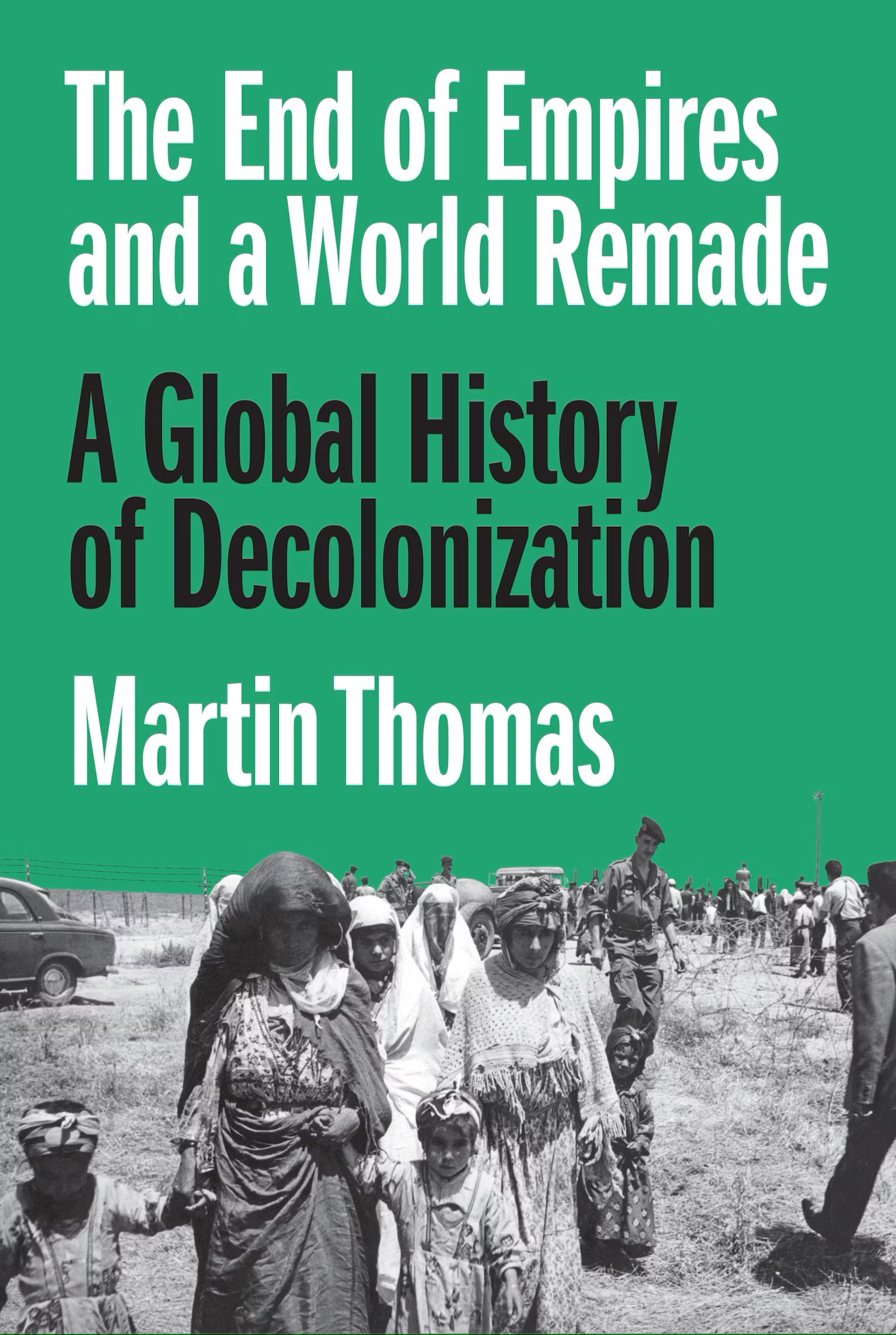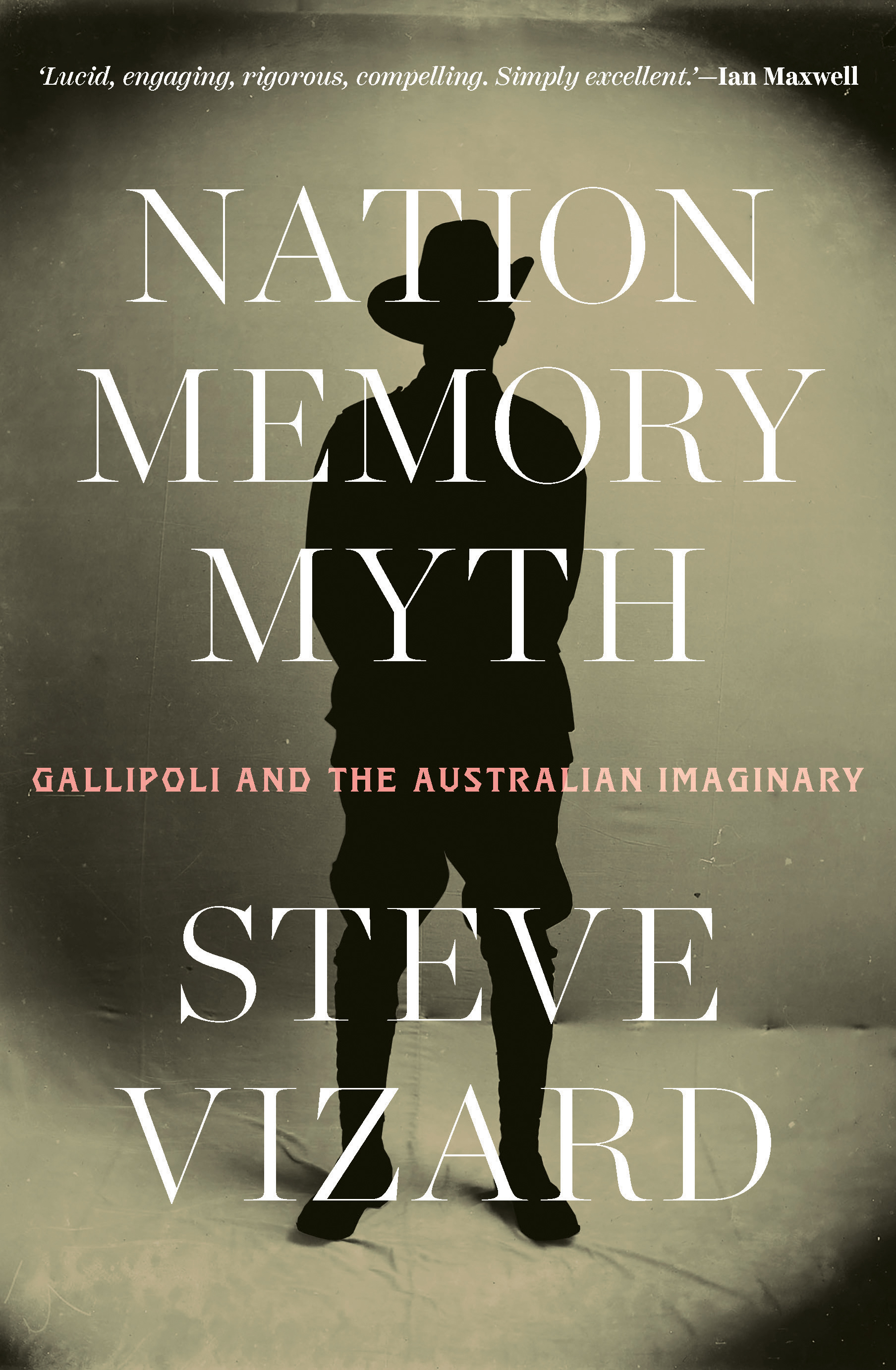The End of Empires and a World Remade: A global history of decolonization
Princeton University Press $69.99 hb, 672 pp
ABR receives a commission on items purchased through this link. All ABR reviews are fully independent.
Forward defence
The End of Empires and a World Remade is Martin Thomas’s magnum opus. Subtitled ‘A global history of decolonisation’, it is more than 600 pages long, of which nearly 300 pages consist of Notes and Bibliography covering more than 2,000 articles and books. The overwhelming majority of these were published in the twenty-first century – an indication of the burgeoning academic interest in decolonisation.
The book is divided into two parts. The first, consisting of three chapters, is called Globalising Decolonization. It does the analytical heavy lifting, exploring definitions of decolonisation and its associated concepts. Thomas is keen to show the connection between the end of empires in the twentieth century (decolonisation) and globalisation. He distinguishes between land-based and oceanic empires. The former were geographically contiguous areas, configured around a dominant ethnic group, and ruled by a central authority such as Imperial Russia, Qing China, Ottoman Turkey, and the Habsburg Empire. They came apart as a result of war, revolution, and ethno-nationalist claims. By contrast, the oceanic empires of Spain, Portugal, the Netherlands, France, Britain, the United States, and Japan were ruled from metropolitan centres with enough naval power to control geographically separated territories on multiple continents. Thomas is primarily concerned with the ending of these oceanic empires.
Continue reading for only $10 per month. Subscribe and gain full access to Australian Book Review. Already a subscriber? Sign in. If you need assistance, feel free to contact us.
The End of Empires and a World Remade: A global history of decolonization
by Martin Thomas
Princeton University Press $69.99 hb, 672 pp
ABR receives a commission on items purchased through this link. All ABR reviews are fully independent.















Leave a comment
If you are an ABR subscriber, you will need to sign in to post a comment.
If you have forgotten your sign in details, or if you receive an error message when trying to submit your comment, please email your comment (and the name of the article to which it relates) to ABR Comments. We will review your comment and, subject to approval, we will post it under your name.
Please note that all comments must be approved by ABR and comply with our Terms & Conditions.